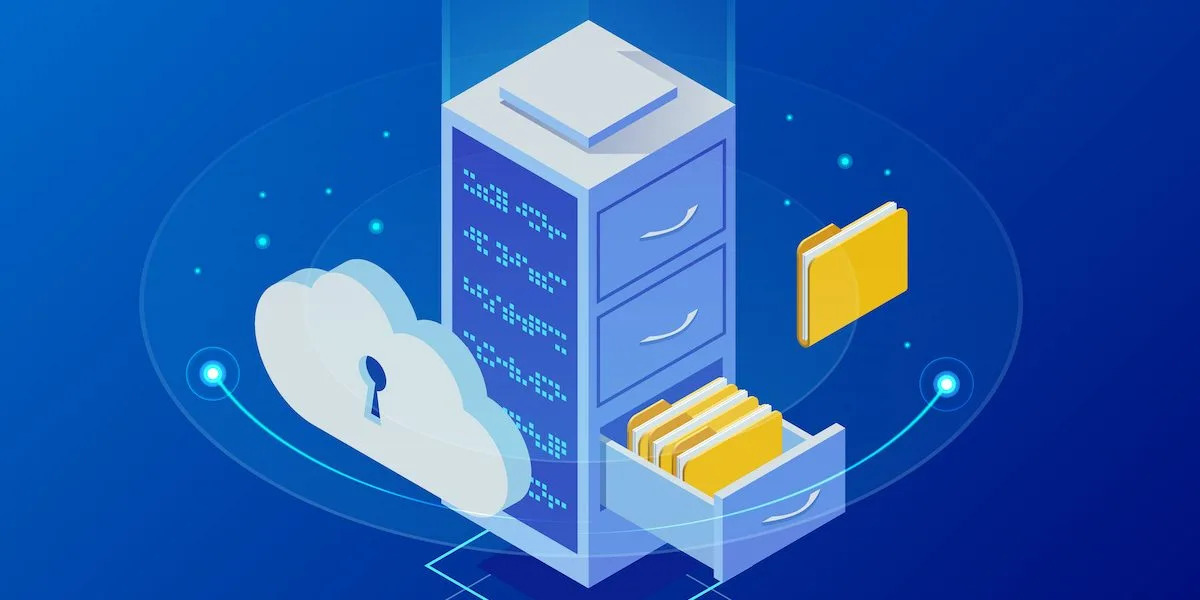What is Database as a Service (DBaaS)?
As we know data is everything for an IT organization to work with not only it is important for only IT organizations rather data is essential for all sizes and all categories of businesses. Every day huge amount of data gets generated in each organization and based on this collected or generated data various organizational activities are performed. However, the most challenging task for an organization related to data is managing the database and providing security to the database. So every day new technologies are getting added to the database domain to make work easier and more flexible. Database as a Service (DBaaS) is one of the advanced improvements that makes database activities simpler.
What is Database as a Service (DBaaS)?
Database as a Service – DBaaS (also known as managed database service) is a cloud computing service that lets users access and use a cloud database system without purchasing and setting up their hardware, installing their database software, or managing the database themselves (not to mention hiring the high-priced talent required to do so). The cloud provider takes care of everything from periodic upgrades to backups to ensure that the database system remains available and secure 24/7.
The market for DBaaS and cloud databases is among the fastest-growing Software as a Service (SaaS) markets, expected to grow to USD 320 billion by 2025. Database and data warehouse vendors have joined established cloud providers in offering hosted versions of their software, enabling customers to leverage the many benefits of cloud computing for their applications’ data storage, search, and access needs.

How does DBaaS work?
DBaaS is a service that is added to your databases that can streamline your day-to-day tasks. With automated one-click operations to simplify database management, DBaaS can eliminate tedious and time-consuming administrative tasks. It helps organizations accelerate business performance for DB admins to start their projects and run their workloads without delay.
Once you move your database to the cloud, you have the option to add Software as a Service deployment. Doing so simplifies the processes required to make information available through internet-based connections. Storage consolidation can also be a benefit of moving a company’s databases to the cloud. Databases in multiple departments of a large company, for example, can be combined in the cloud into a single hosted database management system.
Benefits of Database as a Service
DBaaS technology saves valuable resources on setting up and managing database systems and the IT environment. The technology reduces the time spent on the procedure from weeks and days to a matter of a few minutes. This is especially true for self-service use cases in DevOps environments that require rapid and cost-effective operations capabilities for their IT systems.
From a business perspective, DBaaS technology offers these benefits:
- High quality of service. Cloud vendors manage database systems as part of a Service Level Agreement (SLA) guarantee to ensure that the systems are running to optimal performance. These guarantees also include compliance with stringent security regulations. The service availability is managed by the cloud vendor to high standards as per the SLA agreement.
- Faster deployment. Free your resources from administrative tasks and engage your employees on tasks that lead directly to innovation and business growth – instead of merely keeping the systems running.
- Resource elasticity. The technology resources dedicated to database systems can be changed in response to changing user requirements. This is especially suitable in business use cases where the demand for database workloads is dynamic and not entirely predictable.
- Rapid provisioning. Self-service capabilities allow users to provision new database instances as required, often with a few simple clicks. This removes the governance hurdles and administrative responsibilities from IT.
- Business agility. Organizations can take advantage of rapid provisioning and deployment to address changing business requirements. In DevOps organizations, this is particularly useful as Devs and Ops both take on collective responsibilities of operations tasks.
- Security. The technologies support encryption and multiple layers of security to protect sensitive data at rest, in transit, and during processing.
Disadvantages of DBaaS
- Traditional enterprises may have objections to cloud-based services generally.
- In case of significant failure of the DBaaS server or network, the organization might lose its knowledge.
- Companies already equipped with resources and IT-related human resources might not realize DBaaS solutions are economically viable.
- Intrinsic network-connected problems with the cloud can impact the performance of a DBaaS.
- Features offered within the typical RDBMS might not perpetually be offered during a DBaaS system.
- The use of DBaaS may result in revenue loss in alternative areas of code updates and hardware management.

How does cloud computing enable DBaaS?
DBaaS is a logical extension of cloud technologies, using pooled storage and processing capacity to support the changing demands of platform users. With virtually infinite scope for data growth, cloud computing helps to overcome the physical limitations of the local data center.
What is DBaaS used for?
Put simply, Database as a Service is suitable for anyone who wants to operate a database but doesn’t want to or cannot provide the infrastructure and the personnel for this themselves. The DBaaS approach also makes sense for those who sometimes have concerns about the security of their data, since the providers can provide professional IT experts to take care of cloud computing. In addition, hybrid solutions are possible, in which the data remains largely stored in the local network infrastructure, and a connection to the cloud is only established through an SQL plug-in.
Furthermore, the Database as a Service approach – just like Platform as a Service as well as Infrastructure as a Service – creates a certain degree of flexibility, because the provider can set up the ideal framework that is required by a company to meet its needs at a given time. If rates are flexible, you can react quickly to new situations with clearly communicated costs instead of having to laboriously upgrade your own IT.
Is Database as a Service a good fit for your business?
Not all Database as a Service providers are the same. They differ significantly across a wide range of characteristics and capabilities. It’s important to select the right DBaaS provider for your organization, one that meets the technical requirements of your application workloads.
Choosing the correct Database as a Service (DBaaS) environment is critical to the success of any cloud-based database management system (DBMS). This is an increasingly significant decision: The global cloud database and DBaaS market is expected to grow from an estimated $12 billion in 2020 to $24.8 billion in 2025, according to a recent Research and Markets report.
What’s driving that growth? The ever-increasing demand to process queries with minimum latency.
But when you look at the increasingly competitive DBaaS market, along with rapid advancement in cloud database architecture, technology, and features, it becomes clear that organizations must perform a detailed analysis of the competitive offerings and select the most appropriate DBaaS for their technology stack.